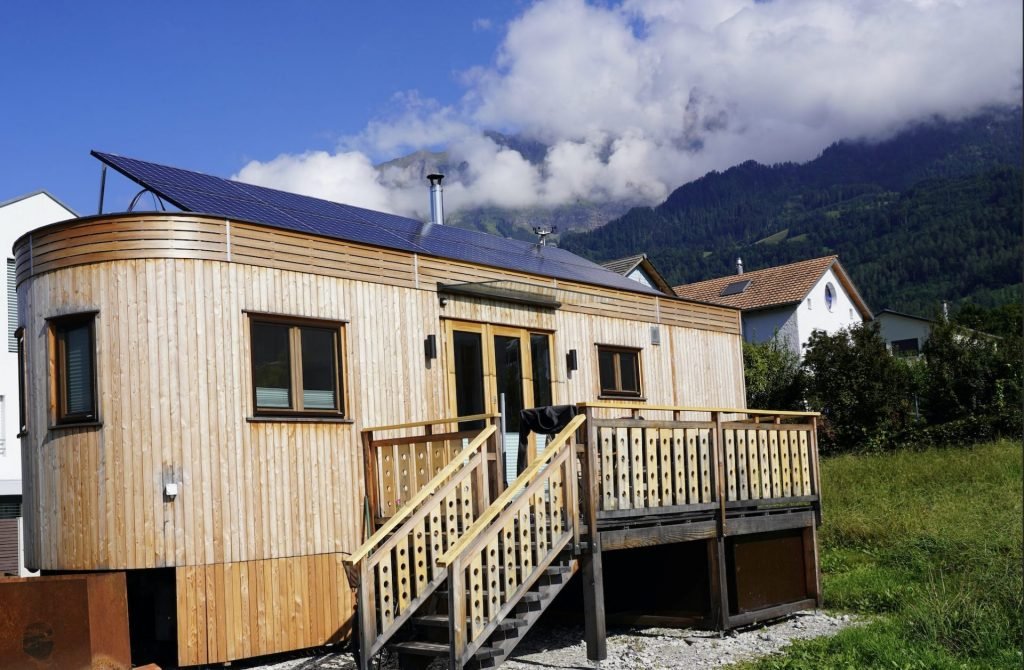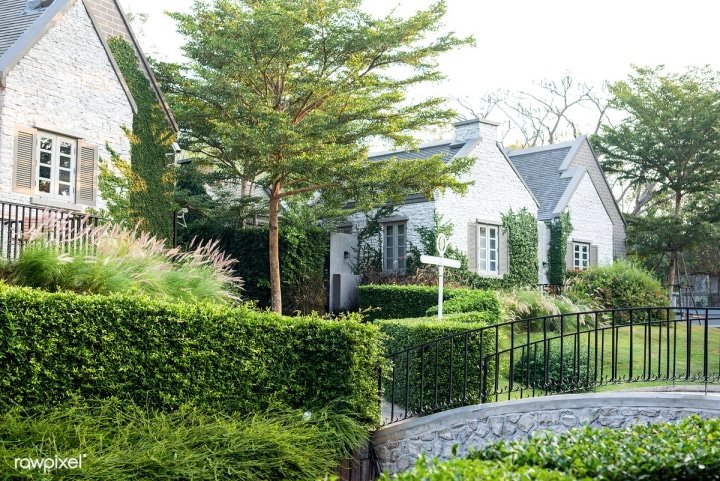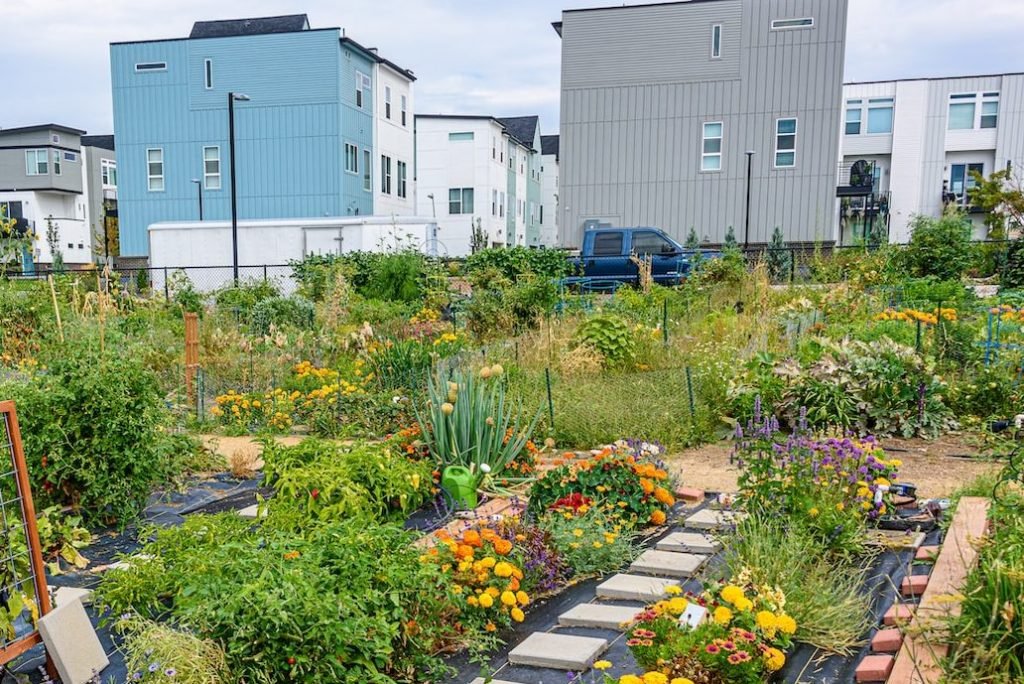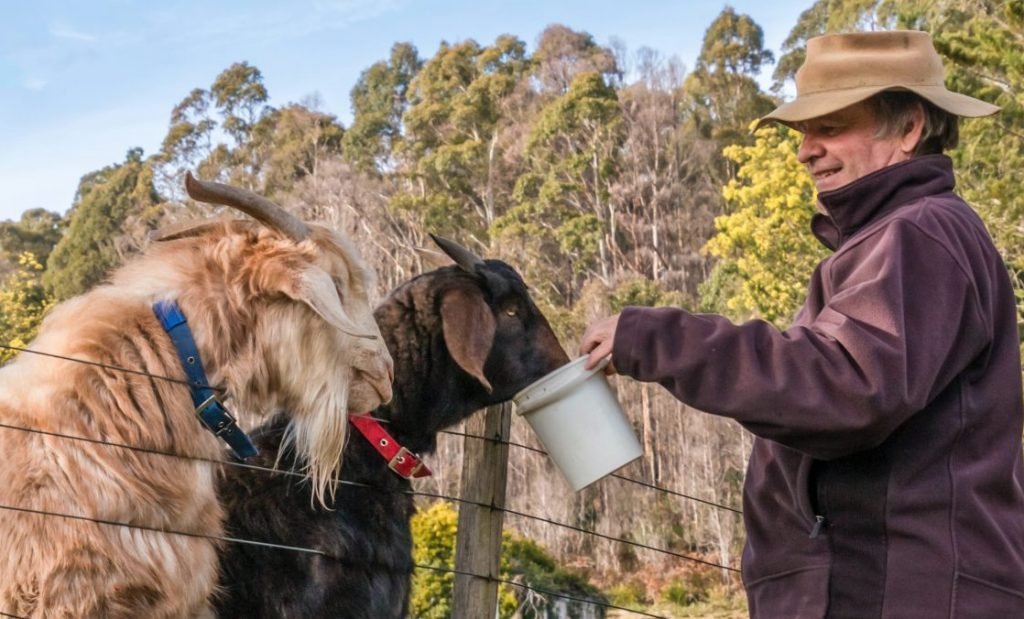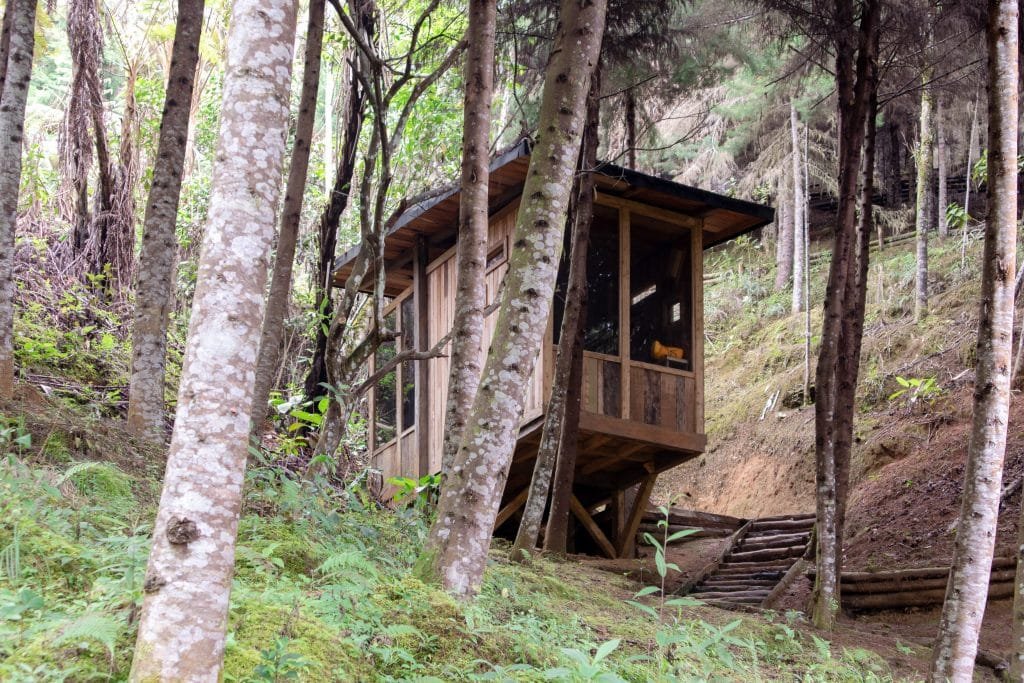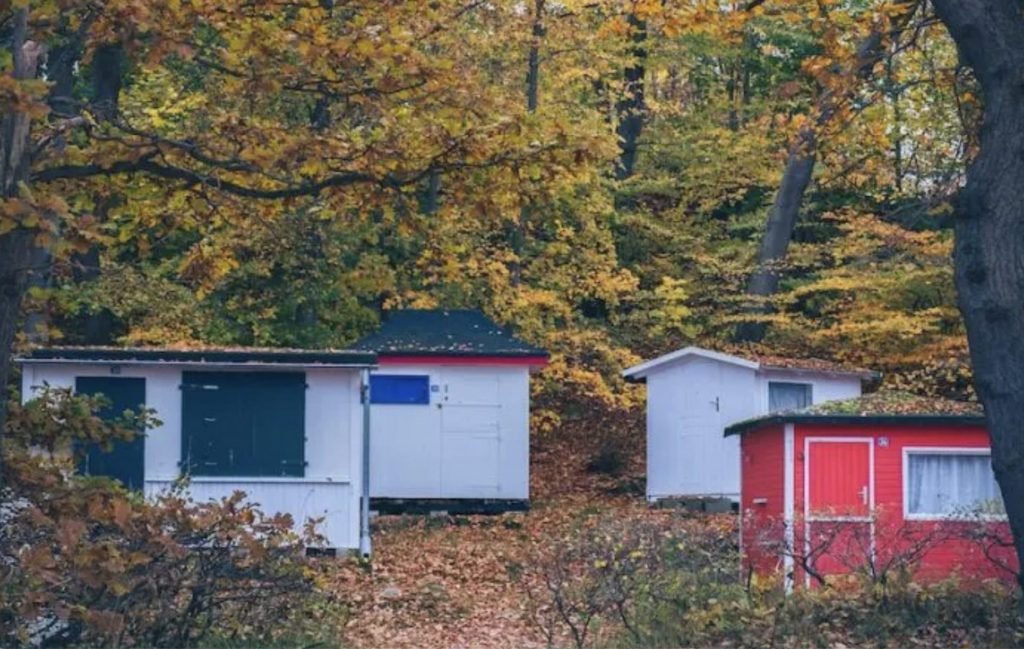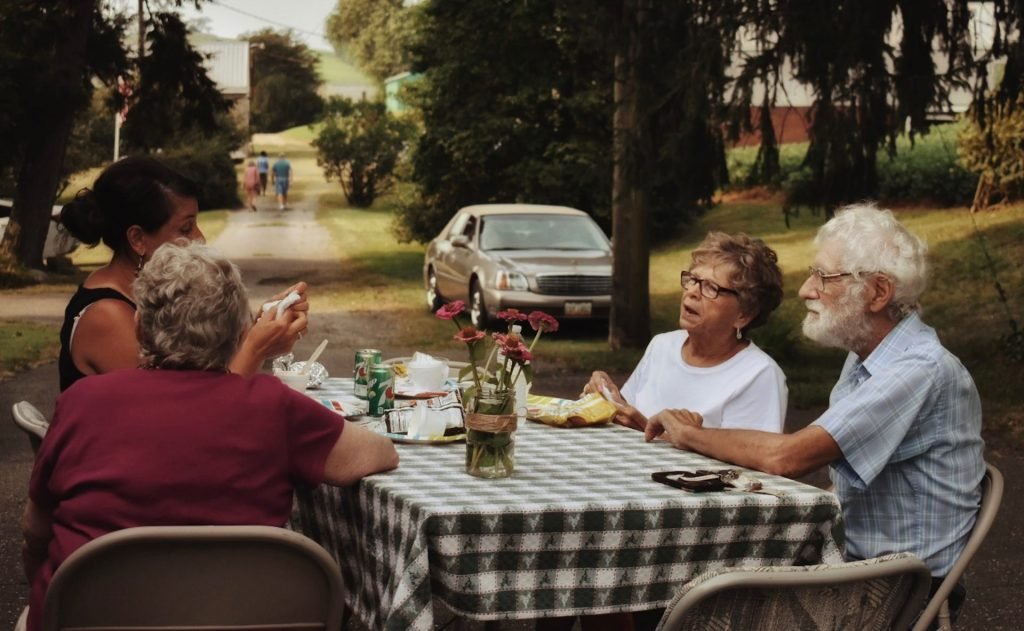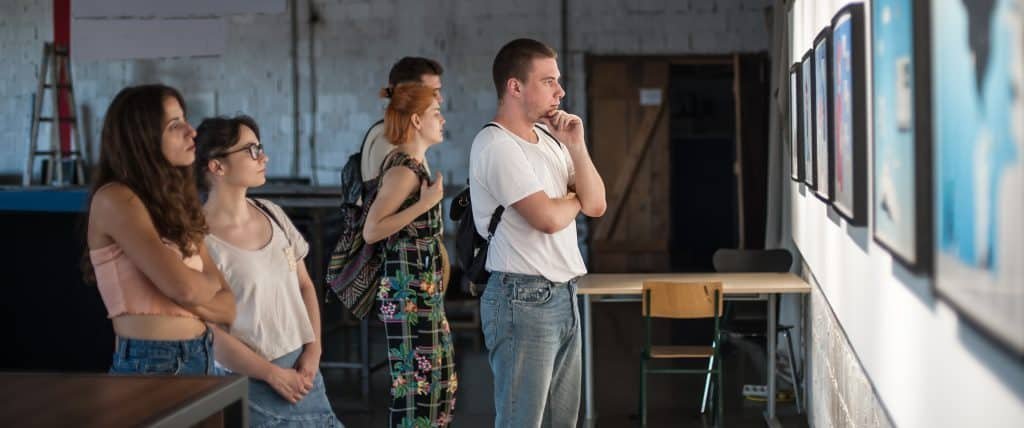Types of Intentional Communities and Alternative Housing Solutions
The community types linked below are intended to point you to the best resources for joining or creating successful ICs of the type you’re interested in. You’ll find multiple resources for setting up time-tested frameworks for effective cooperation. Some of these types of intentional communities are coliving communities. Others share recreational or work resources, but they don’t necessarily share living or work space on a consistent basis.
Something that all intentional communities have in common is that they have shared decision-making and some shared values. In the following list, ICs are organized by categories describing what members are primarily looking for, such as affordable housing or a family-focused community.
Affordable Housing
Family-focused
Nomadic or Time-flexible Stays
Shared Cultural Values
Self-sufficiency & Sustainability
Care and Social Safety Net
Community as a Work Team
How are all types of intentional community similar?
Coliving and intentional community goes deeper than sharing housing or living in the same housing cluster. Intentional community includes some degree of sharing values, resources, and time. Camaraderie and a shared purpose are part of the appeal. Sociologists have identified three conditions to making close friends: proximity, repeated unplanned interactions, and an environment that encourages people to let their guard down and confide in each other.
Many have commented on the difficulty of maintaining friendships in our busy lives. During teen and young adult years, sociability is typically a frequent part of life. In later adulthood, it can be harder to make new friends and find time for the friends we have.
While community life does require that members consider others’ needs and preferences more often, which can be inconvenient, intentional community is an opportunity to recapture a sense of strong social connection. Many alternative housing solutions also offer significant practical benefits such as shared resources that increase your quality of life without increased expense.
Join as a Subscriber for Extra Visibility
Is there a description above that matches your intended IC? Consider subscribing to a paid membership to get your profile posted on a community types page. Without a subscription, your profile is still searchable and shows up on the Match for Free page. Subscription makes it easier for others to identify your shared interest in a specific community type.
During 2024, subscribers can pay a monthly listing fee of $3 to be featured on pages for the community types listed above.
Two ways to get premium membership benefits for free:
- All members of the Foundation for Intentional Community will have premium membership benefits with ICmatch for as long as you maintain your FIC membership. Simply send us a screenshot verification of your receipt or other membership record.
- Ask to be featured for free based on a pro-social mission, financial challenges, and a referral.
See the FAQ What do I get from becoming a subscriber?

